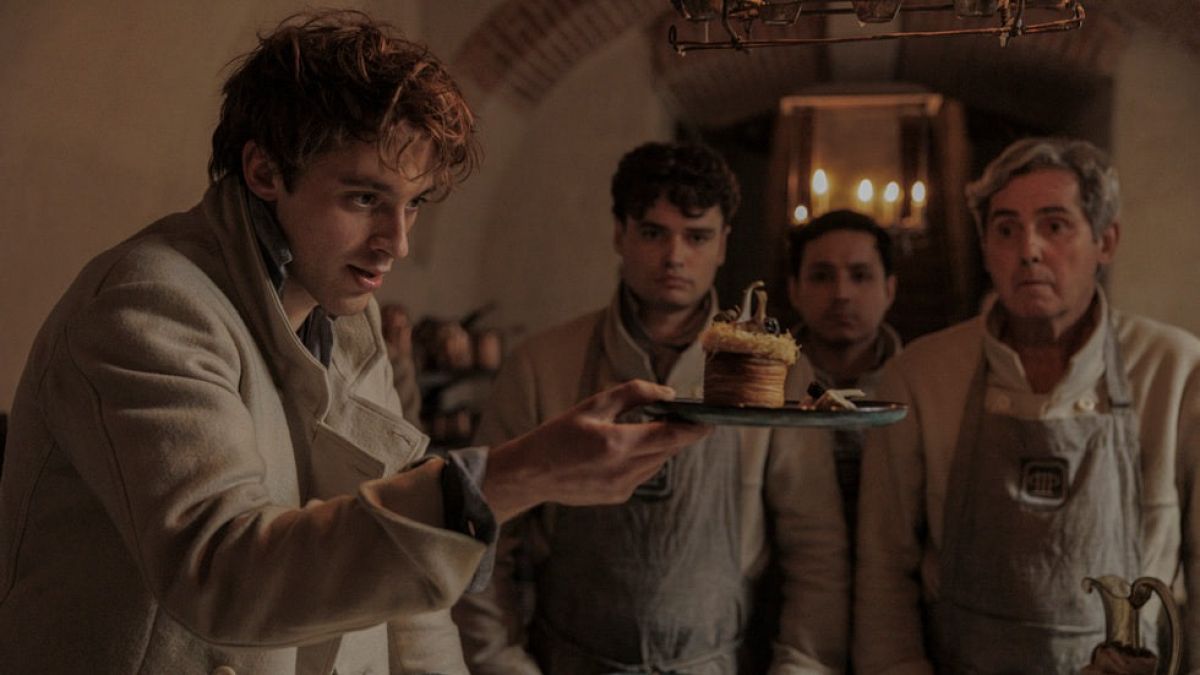Culinary Scandal: How 'Carême' Unveils the Provocative Origins of the World's First Celebrity Chef

Carême: A Delectable Journey Through Napoleonic Paris
Apple TV+ has just unveiled its latest sumptuous French period drama that promises to tantalize viewers with a feast of intrigue and culinary artistry. "Carême" chronicles the extraordinary life of Antonin Carême, widely regarded as the world's first celebrity chef, whose remarkable talents transcended the kitchen and wove through the complex social tapestry of early 19th-century Paris.
This captivating series follows Carême as he navigates the opulent and treacherous world of Napoleonic France, wielding his culinary prowess like a finely honed weapon. Viewers will be treated to a mesmerizing narrative that blends gastronomic genius with espionage and seduction, revealing how this extraordinary chef became not just a master of cuisine, but a pivotal figure in the cultural and political landscape of his time.
With lavish set designs, intricate period costumes, and a compelling storyline, "Carême" promises to be a delectable journey that will leave audiences hungry for more, both literally and figuratively.
